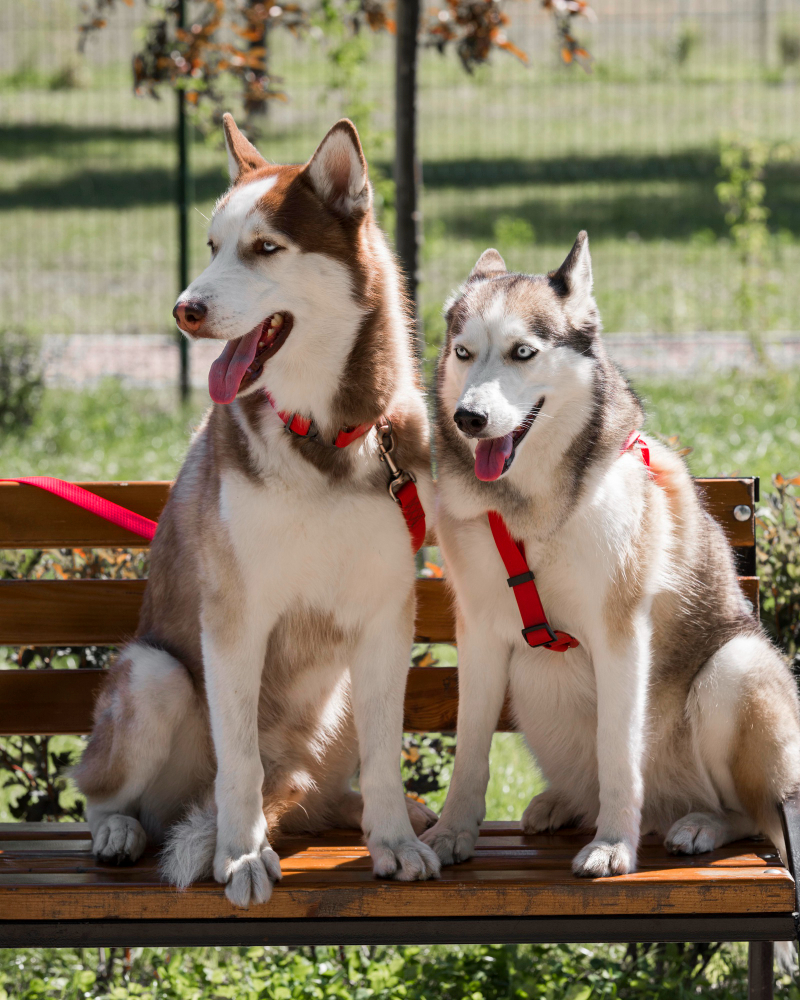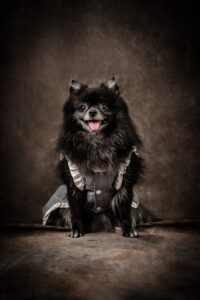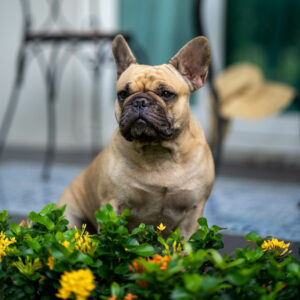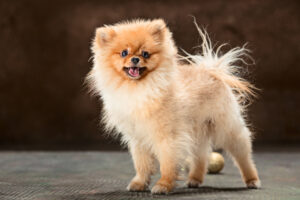Welcome, dog enthusiasts and Japan lovers! Are you intrigued by the elegance and charm of Japanese dog breeds? From the loyal Akita Inu to the spirited Shiba Inu, these canine companions embody the rich history and cultural heritage of Japan. Join me as we embark on a journey through the world of Japanese dog breeds, exploring their unique characteristics, care needs, and why they make exceptional companions.
Table of Contents
Understanding Japanese Dogs
Japanese dog breeds are renowned for their loyalty, intelligence, and distinctive appearance. Bred for various purposes, from hunting to companionship, these dogs have become beloved pets worldwide. Let’s delve into the world of Japanese dog breeds and discover what makes them so special.
Akita Inu
The Akita Inu, often referred to simply as the Akita, is a majestic and powerful breed known for its loyalty and courage. Originally bred for hunting and guarding, Akitas are fiercely loyal to their families and make excellent watchdogs. With their dignified demeanor and protective instincts, Akitas require early socialization and consistent training to thrive as family pets.
Shiba Inu
The Shiba Inu, with its fox-like appearance and spirited personality, is one of Japan’s most iconic breeds. Known for their independence and intelligence, Shibas are natural hunters with a strong prey drive. Despite their small size, they possess a confident and assertive nature, making them ideal companions for experienced dog owners who understand their unique quirks.
Japanese Spitz
The Japanese Spitz is a cheerful and affectionate breed known for its fluffy white coat and friendly disposition. Bred for companionship, these dogs thrive on human interaction and make devoted family pets. With their playful nature and outgoing personality, Japanese Spitzes are well-suited to households of all sizes and ages.
Hokkaido
The Hokkaido, also known as the Ainu dog, is a sturdy and agile breed native to Japan’s northern region. Bred for hunting and companionship, Hokkaidos are known for their loyalty and bravery. With their strong prey drive and independent nature, they require early socialization and consistent training to thrive as family pets.
Shikoku
The Shikoku, originating from the mountainous regions of Japan, is a spirited and energetic breed known for its hunting prowess. With their keen senses and agile bodies, Shikokus excel in various dog sports and outdoor activities. While they may be reserved with strangers, they form strong bonds with their families and make loyal companions.
Care Tips
Caring for Japanese dog breeds requires attention to their unique needs and characteristics. Here are some essential tips to ensure your Japanese dog stays happy and healthy:
- Early Socialization: Japanese dog breeds, particularly Akitas and Shibas, require early socialization to ensure they are well-adjusted and confident around people and other animals.
- Consistent Training: Positive reinforcement training techniques work best with Japanese dog breeds, as they respond well to praise and rewards. Consistency and patience are key to successfully training these intelligent and independent dogs.
- Regular Exercise: Japanese dog breeds are active and energetic, requiring plenty of exercise to stay healthy and happy. Daily walks, playtime in the yard, and interactive games are essential for meeting their physical and mental stimulation needs.
- Grooming: While Japanese Spitzes and other fluffy breeds may require regular grooming to maintain their coats, Akitas and Shibas are relatively low-maintenance in terms of grooming. However, regular brushing and occasional baths are still recommended to keep their coats clean and healthy.
Common Health Issues
While Japanese dog breeds are generally healthy, they may be prone to certain health issues, including:
- Hip Dysplasia: Large breeds like Akitas and Hokkaidos may be prone to hip dysplasia, a genetic condition that affects the hip joints and can cause pain and mobility issues.
- Patellar Luxation: Some Japanese dog breeds, particularly Shibas, may be prone to patellar luxation, a condition where the kneecap dislocates from its normal position.
- Allergies: Like all dogs, Japanese dog breeds may be susceptible to allergies, which can manifest as skin irritation, itching, and ear infections. Identifying and avoiding potential allergens can help manage allergies and keep your dog comfortable.
Choosing the Right Breed
When selecting a Japanese dog breed, it’s essential to consider factors such as temperament, size, energy level, and grooming needs. Whether you’re drawn to the dignified Akita or the spirited Shiba Inu, there’s a Japanese dog breed out there for everyone. Take the time to research different breeds and their characteristics to find the perfect match for your lifestyle and preferences.
Conclusion
In conclusion, Japanese dog breeds are not only beautiful and unique but also loyal and devoted companions. From the noble Akita to the spirited Shikoku, each breed brings its own distinctive qualities to the table. By understanding their needs and providing them with love and care, we can ensure that these wonderful dogs thrive and continue to enrich our lives for years to come.
FAQs
1. Are Japanese dog breeds good with children?
While Japanese dog breeds can make excellent family pets, it’s essential to supervise interactions
between dogs and children and teach children how to properly interact with dogs. Early socialization and positive experiences can help Japanese dog breeds become well-adjusted and confident around children.
2. Do Japanese breeds of dogs need ample exercise?
Yes, many Japanese dog breeds, such as Akitas and Shibas, are active and energetic dogs that require plenty of exercise to stay healthy and happy. Daily walks, playtime, and interactive games are essential for meeting their physical and mental stimulation needs.
3. Are Japanese dog breeds suitable for apartment living?
While some Japanese dog breeds, such as Shibas and Japanese Spitzes, can adapt to apartment living with proper exercise and mental stimulation, others, like Akitas and Hokkaidos, may require more space and outdoor access. It’s essential to consider the breed’s size, energy level, and exercise needs when choosing a dog for apartment living.
4. Do Japanese dog breeds get along with other pets?
Many Japanese dog breeds can get along well with other pets, especially if they are properly socialized from a young age. However, it’s essential to supervise interactions and introduce new pets gradually to ensure a harmonious relationship.
5. How can I train my Japanese dog breed effectively?
Positive reinforcement training techniques work best with Japanese dog breeds, as they respond well to praise and rewards. Consistency, patience, and early socialization are key to successfully training Japanese dog breeds and fostering a strong bond with your dog.




